May 10, 2023
Bisley Home Space to launch at Clerkenwell Design Week 2023
British furniture maker Bisley is to open th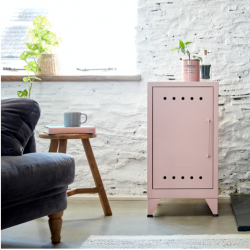 e doors of its new Home Space showroom during Clerkenwell Design Week (23-25 May 2023) exploring the theme of People, Wellbeing and Space – at Home and at Work. Making its debut at Clerkenwell Design Week will be the Bisley Home Space, a brand new area of the showroom dedicated to Bisley’s growing range of products for the home. A key festival highlight will be an installation created by interior design writer and stylist Cate St Hill. Bisley x Cate St Hill explores Fern, Bisley’s acclaimed collection of stylish steel lockers, and new pieces for spring 2023 including the versatile Reef wall-mounted shelf, with a special area of the showroom curated by Cate in her distinctive calm, neutral style. (more…)
e doors of its new Home Space showroom during Clerkenwell Design Week (23-25 May 2023) exploring the theme of People, Wellbeing and Space – at Home and at Work. Making its debut at Clerkenwell Design Week will be the Bisley Home Space, a brand new area of the showroom dedicated to Bisley’s growing range of products for the home. A key festival highlight will be an installation created by interior design writer and stylist Cate St Hill. Bisley x Cate St Hill explores Fern, Bisley’s acclaimed collection of stylish steel lockers, and new pieces for spring 2023 including the versatile Reef wall-mounted shelf, with a special area of the showroom curated by Cate in her distinctive calm, neutral style. (more…)






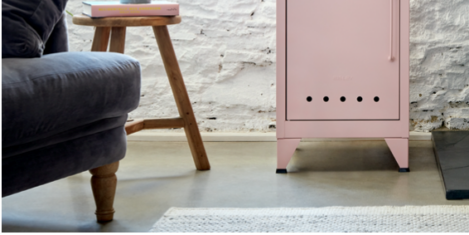
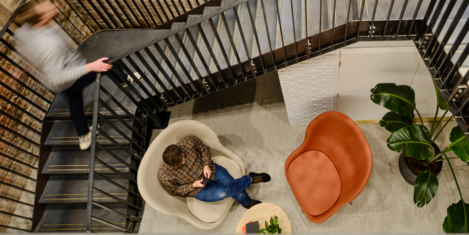
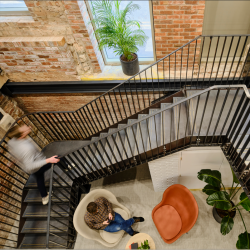 Following last week’s announcement of the annual BCO Awards winners for London, the British Council for Offices has announced the winners of its annual Awards for the North of England. In fact all but one of the winners are located in Greater Manchester and the one that isn’t lies within twenty miles of it. The organisers suggest that the theme of sustainable office design runs through the submissions of the winning entries.
Following last week’s announcement of the annual BCO Awards winners for London, the British Council for Offices has announced the winners of its annual Awards for the North of England. In fact all but one of the winners are located in Greater Manchester and the one that isn’t lies within twenty miles of it. The organisers suggest that the theme of sustainable office design runs through the submissions of the winning entries. 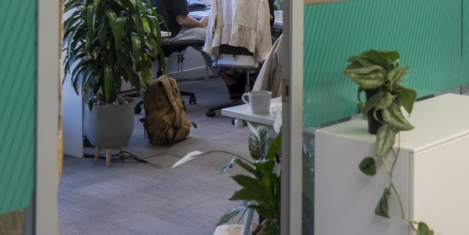
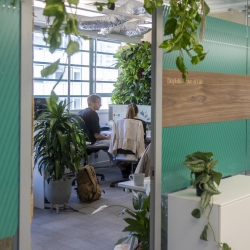
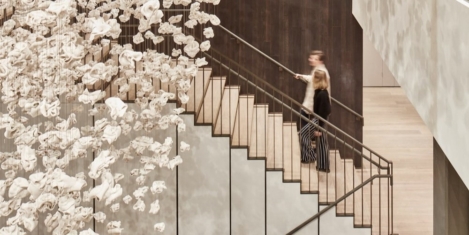
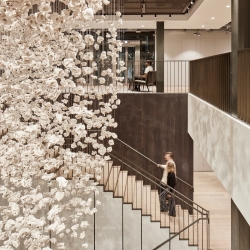 London’s most outstanding workplaces have been recognised with British Council for Offices Awards going to seven office buildings across the capital. Held at the London Hilton on Park Lane, the BCO’s annual London Awards Lunch recognised projects that demonstrate best practice in office design, fit-out, operation and sustainability, setting the standard for excellence across the sector.
London’s most outstanding workplaces have been recognised with British Council for Offices Awards going to seven office buildings across the capital. Held at the London Hilton on Park Lane, the BCO’s annual London Awards Lunch recognised projects that demonstrate best practice in office design, fit-out, operation and sustainability, setting the standard for excellence across the sector. 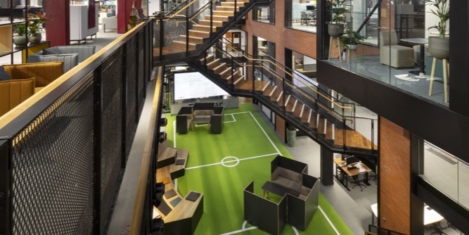
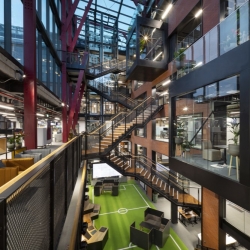


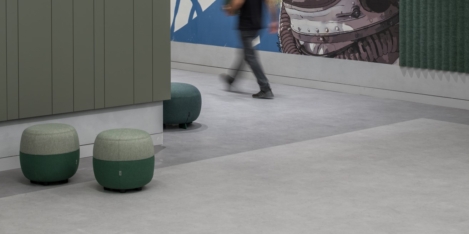
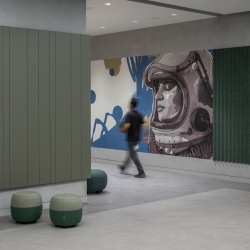
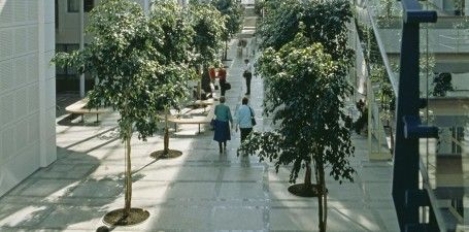
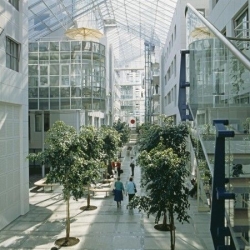


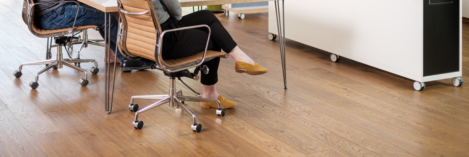
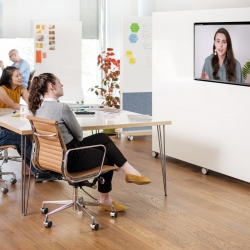











April 24, 2023
Reconnecting older workers with the office: have we retired what matters most?
by Julie Lecoq • Comment, Flexible working, Workplace design